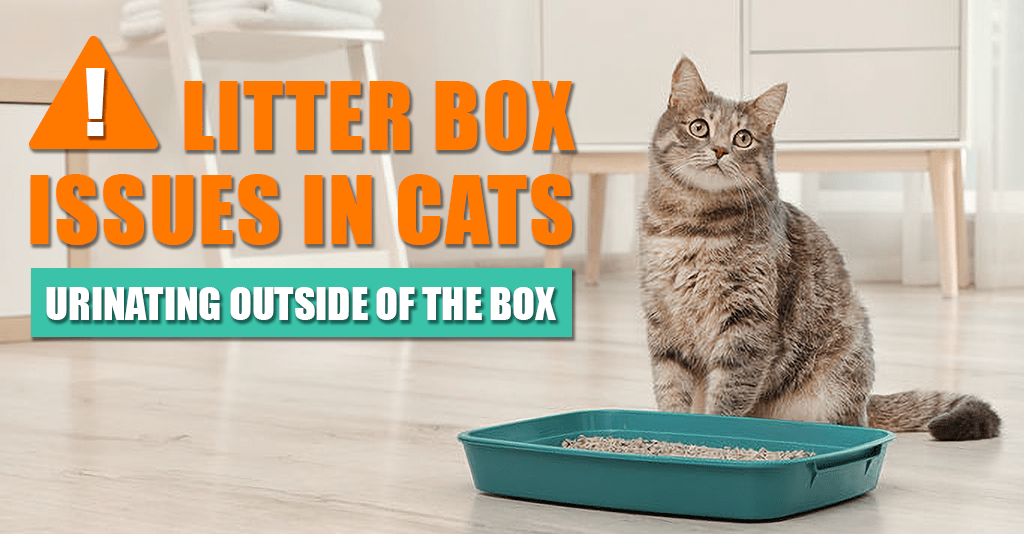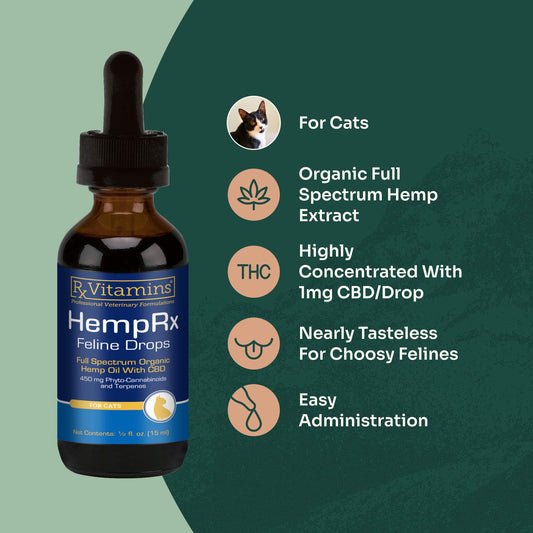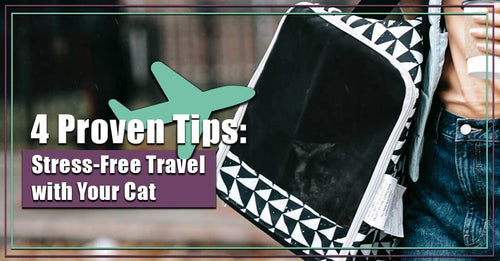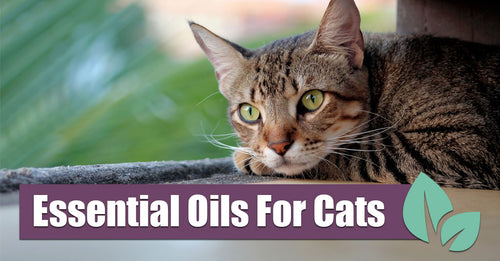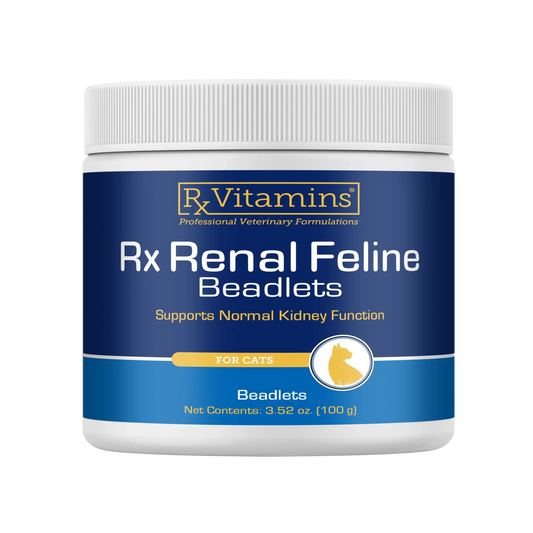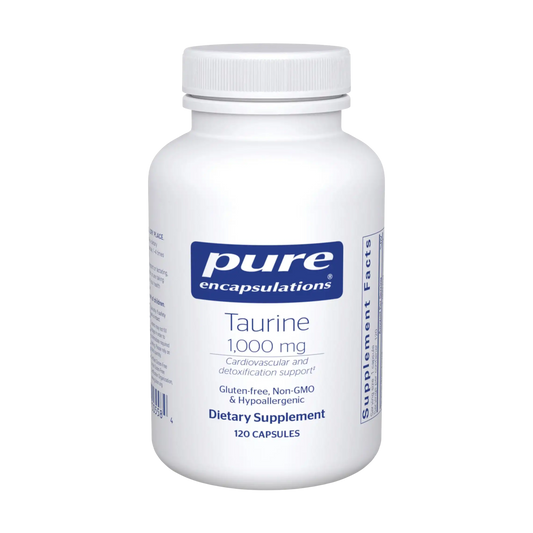We’ve all seen a YouTube video (or two) of kitties using human toilets to do their business. While it’s so impressive, I still use the old-school litter box approach for now! But even that isn’t flaw-proof, and a cat regularly (or even periodically) urinating outside of their litter box can result in huge relationship strains between a cat parent and their pet. There is NOTHING worse than cat pee on your carpet, rugs, furniture, or bedding.
When kitty parents come to us with this struggle, I really empathize with them. When you’re cleaning up cat urine all day, it’s really hard to not feel angry, overwhelmed, and concerned.
In this article, I will go over the most common reasons cats urinate outside of their litter boxes, and Dr. Angie’s approach to each.
Rule out medical conditions.
Undiagnosed and untreated medical conditions are a common reason for your cat urinating outside of the litter box. Fortunately, they are also one of the easier conditions to correct!
Here are the top most common medical conditions that can cause inappropriate urination in your cat:
Urinary Tract Infections (UTI). Ruling out a urinary tract infection (UTI) in your cat is one of the first steps to diagnosing litter box issues, especially if the issue came on suddenly. UTIs are painful and can easily cause litter box avoidance. If your cat begins to associate urinating in the litter box with discomfort, they will try to find another option.
Signs of a UTI in cats include straining to urinate or urinating small/frequent amounts, crying or vocalizing while in the litter box, licking of the genital area, bloody urine, and you guessed it, peeing outside of the box! Your vet can diagnose a UTI through a urinalysis and will likely treat it via a course of antibiotics. If the infection is persistent, they may recommend a culture as well. If antibiotics are needed for treatment, it’s important that you finish the full course even if symptoms have resolved. You can use Dr. Angie's gut healing protocol simultaneously to ensure you are taking a holistic approach to their care during this time too!
Body pain. If your cat has body pain, such as arthritis, consider whether this is playing a role in their inappropriate litter box behavior. For example, if the litter box is difficult to step in and out, your cat may avoid it in an attempt to protect their body. Consider a box that doesn’t have a door or tall walls that could make it harder for arthritic kitties to navigate successfully. Avoid placing the box in areas that may be difficult to get to, like a second floor where they have to use a staircase to gain access. Encourage trouble-free access by making the box accessible and easy to reach. You can take a look at Dr. Angie's holistic approach to treating your cat’s arthritis here.
Cystitis. AKA inflammation of the bladder. Cystitis is super common in cats, and often triggered by stress or a stressful event. If your vet runs a urinalysis and finds only red blood cells (and no white blood cells), it’s possible that they will treat your kitty for cystitis. Dr. Angie usually support these cats with subcutaneous fluids (fluid therapy), pain medication, CBD, Chinese herbs, and other bladder-supportive herbs. If you suspect that your cat’s cystitis was triggered by a stressful event, consider a protocol that promotes well-being, like our stress-reducing protocol below.
Explore your cat’s preferences.
The truth is, we all have preferences, including our cats.
Consider the litter. Explore whether your cat prefers a different brand, or texture, of litter. We recommend always using an unscented version if possible, and finding a dust-free option since inhalation isn’t ideal and can also contribute to litter box aversion. I love Arm & Hammer Fragrance Free and World’s Best Cat Litter (they make a “picky cat” version!). Pretty Litter offers subscription plans (imagine never lugging a box of litter through the pet store again!), and can help to monitor urinary health by changing colors in certain situations, like with the presence of blood.
The number of boxes matters. The number of litter boxes you have available to your cat is also a key component to healthy litter box use. Always ensure that you have one box per cat, plus one additional box. For example, if you have 2 cats, this means 3 litter boxes.
Consider your cat’s hygiene and set up preferences. Your cat may prefer an extra clean environment. Try scooping twice a day as opposed to once a day if possible. How often do they like a “deep clean”? Get curious about the box itself too. Does your cat prefer an open box, or a box with a cover? Does she like tall walls or short walls? When possible, avoid placing the box in loud or disruptive areas, like the laundry room.
Take a look at behavior.
Many times, litter box struggles are related to behavioral challenges such as stress or anxiety. Triggers like environmental changes, moving, new pets, babies, or changes in guardianship can trigger inappropriate litter box use. Unfortunately, this is often one of the hardest litter box struggles to correct.
If your cat is peeing outside of the box because they are stressed, consider Dr. Angie’s stress-reducing protocol:
Feliway. Feliway is a synthetic pheromone that mimics natural feel-good pheromones released by our cats when they are feeling and secure in their environment. The presence of these synthetic pheromones can promote a sense of calmness and well-being. Feliway comes as a diffuser, and I would recommend using one within relatively close proximity to your cat’s litter box.
CBD. CBD is an all-time favorite and extremely successful natural approach to stress reduction in Dr. Angie's practice. Not only that, but it’s also an excellent herb for combatting inflammatory and body pain, two other conditions many cats struggle with. Our favorite CBD brand for cats is the HempRx Feline Drops and Dr. Angie's dosing chart is here.
L-Theanine. This is an amino-acid that decreases stress, increases calmness, and can promote better sleep! A good go-to anti-anxiety blend that contains L-Theanine is Nutricalm.
Medication. There’s nothing wrong with pharmaceutical intervention if needed. Talk to your regular vet about the proper medication and a dosing protocol for your cat.
Adding a cat behaviorist to you and your cat’s team can be a super helpful resource. They are experts in feline behavior and are a wealth of knowledge. Knowledge is power!
It is SO hard to live with a cat who is peeing everywhere EXCEPT in their litter box. I hope this article helps, and remember that you are not alone!
Love,
Claire
